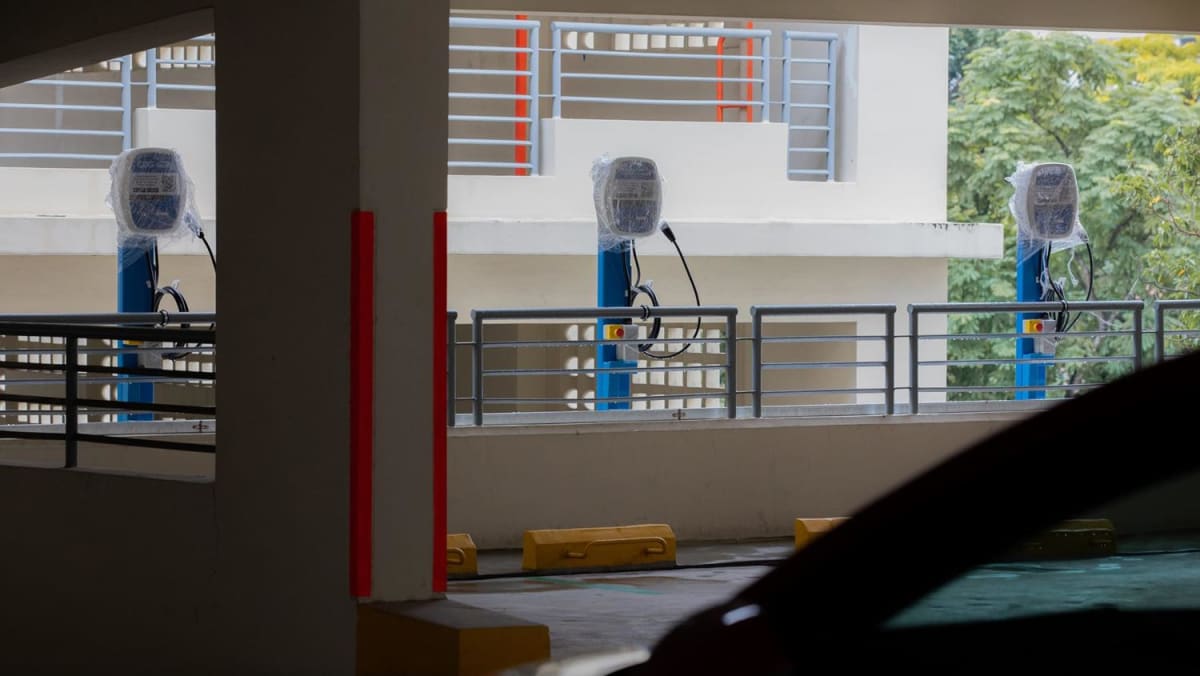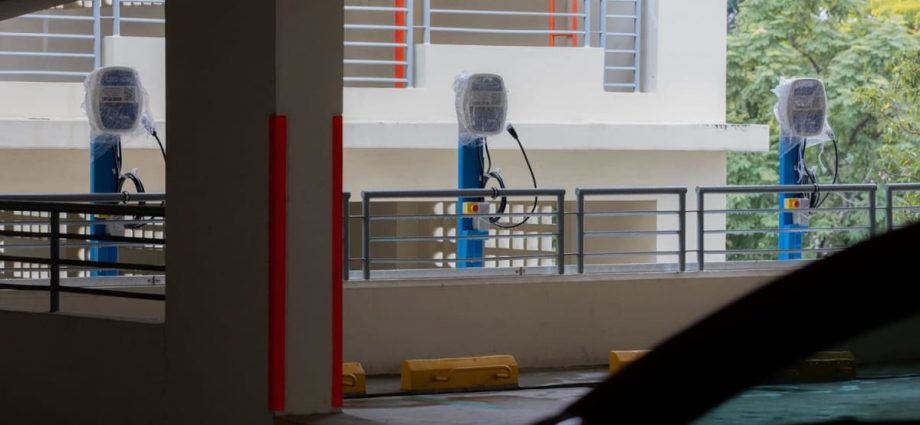
PARALLEL IMPORTERS FEAR BEING LEFT BEHIND
On the supply side, parallel importers are concerned that they are being left behind in the country’s road to electrification.
These third-party car sellers said they are limited in what EVs they can put on the road, as compared to the authorised dealers.
This is partly because of how road tax is calculated, which is pegged to the EV’s power rating.
“We are also encountering some problems with the homologation or registration for EVs,” said Mr Galvin Khong, business development director at Vin’s Automotive Group.
“So for certain models like the Mercedes EQB, we are facing some problems with LTA in order to get these cars ready for the road.”
Currently, EV models with dual electric motors require proper documentation from manufacturers to confirm their power rating.
This makes it tougher for parallel importers to register these cars for road use.
Unlike authorised dealers, they do not have direct contact with the carmakers.
Ms April Koh, general manager at Cars & Stars, said: “EV options are quite limited for parallel importers like us, and we do hope for better support in terms of clarity on importing rules.”
Consumers’ hesitation over EV adoption is also hitting parallel importers harder, even if their prices are generally more competitive.
Because of the relatively new technology, many customers prefer to buy from authorised dealers and are willing to pay a bit more for the warranty and support they offer, parallel importers said.

